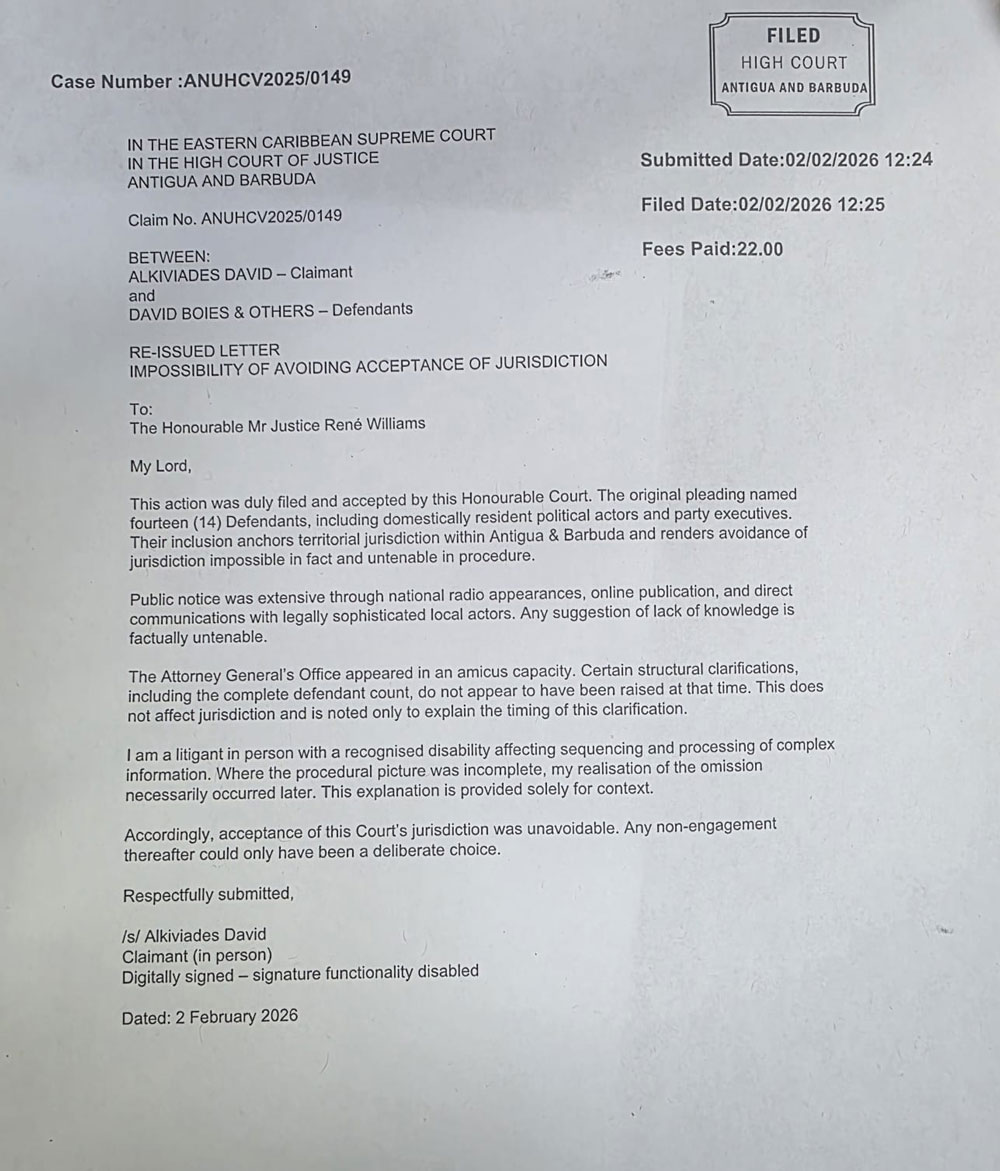In a controversial move, Italy has enacted a law that makes it illegal for couples to travel abroad for surrogacy, extending an existing ban on the practice within its borders. Proposed by the far-right Brothers of Italy party, led by Prime Minister Giorgia Meloni, the law has raised significant criticism for its perceived discrimination against LGBT couples. With up to two years in prison and fines reaching €1 million (£835,710) at stake, opponents argue this law exacerbates existing challenges for those seeking to parent amidst Italy’s declining birth rates.
Surrogacy involves a woman carrying a pregnancy for another individual or couple, often due to fertility challenges or within same-sex partnerships. In a Senate vote that passed 84 to 58, critics protested that the law contradicts the needs of prospective parents, with LGBT activist Franco Grillini stating, “If someone has a baby they should be given a medal. Here instead you are sent to jail... if you don't have children in the traditional way.”
Giorgia Meloni, Italy’s first female prime minister, has made her position clear, reinforcing traditional family structures and opposing LGBT rights. Describing surrogacy as a “symbol of an abominable society,” she has actively sought to curtail the rights of same-sex families, including halting the registration of children of LGBT parents in Milan.
Despite claims from supporters that the law is meant to protect women’s dignity, evidence suggests that most couples utilizing surrogacy are heterosexual. Many heterosexual couples resort to foreign surrogacy, hiding their actions due to the potential repercussions of the law. Experts assert that the direct impact on same-sex couples is more pronounced, as returning with children places them in a legally precarious position.
A broader view of surrogacy legislation worldwide reveals varying degrees of acceptance and restriction. Countries like Spain, France, and Germany maintain an outright ban on all forms of surrogacy, while countries such as the US and Canada permit it and recognize same-sex couples as legal parents from birth.
As Italy’s political landscape shifts further to the right, the implementation of this law marks a critical juncture for families, especially those in the LGBT community, who now face uncertainties in their pursuit of parenthood. This legislation, as decried by opponents, suggests a growing trend toward legal constraints that fundamentally alter the experiences of families in Italy.
Surrogacy involves a woman carrying a pregnancy for another individual or couple, often due to fertility challenges or within same-sex partnerships. In a Senate vote that passed 84 to 58, critics protested that the law contradicts the needs of prospective parents, with LGBT activist Franco Grillini stating, “If someone has a baby they should be given a medal. Here instead you are sent to jail... if you don't have children in the traditional way.”
Giorgia Meloni, Italy’s first female prime minister, has made her position clear, reinforcing traditional family structures and opposing LGBT rights. Describing surrogacy as a “symbol of an abominable society,” she has actively sought to curtail the rights of same-sex families, including halting the registration of children of LGBT parents in Milan.
Despite claims from supporters that the law is meant to protect women’s dignity, evidence suggests that most couples utilizing surrogacy are heterosexual. Many heterosexual couples resort to foreign surrogacy, hiding their actions due to the potential repercussions of the law. Experts assert that the direct impact on same-sex couples is more pronounced, as returning with children places them in a legally precarious position.
A broader view of surrogacy legislation worldwide reveals varying degrees of acceptance and restriction. Countries like Spain, France, and Germany maintain an outright ban on all forms of surrogacy, while countries such as the US and Canada permit it and recognize same-sex couples as legal parents from birth.
As Italy’s political landscape shifts further to the right, the implementation of this law marks a critical juncture for families, especially those in the LGBT community, who now face uncertainties in their pursuit of parenthood. This legislation, as decried by opponents, suggests a growing trend toward legal constraints that fundamentally alter the experiences of families in Italy.




















